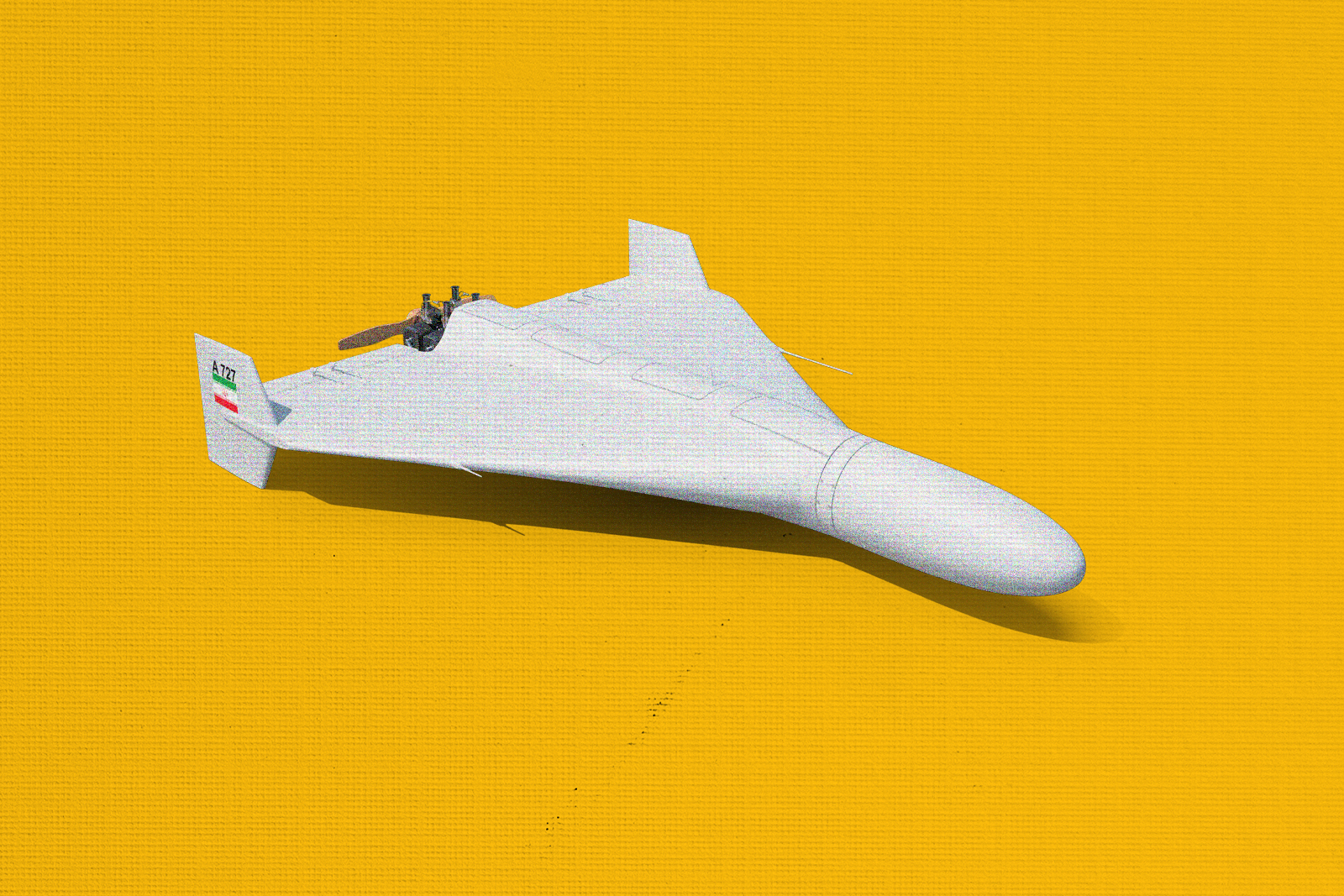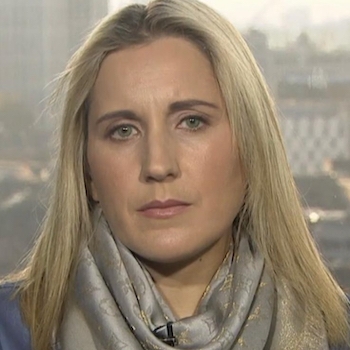
Navigating a Tightrope: Western Reluctance in the Face of Iran’s Aggression
On April 13, a significant escalation unfolded in the Middle East as the Islamic Republic of Iran launched an audacious attack on the State of Israel. This offensive, involving an array of ballistic missiles and killer drones, was designed to overwhelm Israel’s formidable air defense systems. Although the attack failed to inflict significant damage or casualties, thanks in part to contributions from Israeli allies, including the UK and the U.S., and the shared security interests with Saudi Arabia, another critical factor was Jordan’s active participation.
Jordanian airspace was used as missiles and drones flew over, and the country played a crucial role in protecting Israel. The ramifications of Iran’s attack have sent ripples across the geopolitical landscape, revealing much about Western attitudes toward Iran and the broader dynamics at play. The attack by Iran could arguably be seen as a test of Western resolve. A test that has already been dealt by Russia with seemingly accidental drone and missile strikes on Poland and Romania. Russian tests that NATO have failed. With Iran, despite the instinctive protective military response, Western capitals have been notably restrained, with a clear avoidance of direct military retaliation. This hesitance might be perplexing at first glance, yet a deeper examination reveals a complex tapestry of geopolitical concerns that Western governments are currently navigating.
There is an emerging consensus among Western strategists that any escalation of hostilities with Tehran could potentially draw in Moscow, given the close strategic ties between Russia and Iran. This concern is not unfounded, as both nations have shown a propensity to support one another in the face of Western sanctions and military pressures. But the attention should not be merely on direct confrontation but the beloved tactics of the two states to utilise proxies and third parties, to undermine Western political influence, and, crucially, damage trade flows that drive Western democratic powerhouses. The recent interactions between the Islamic Republic of Iran and various African nations, including Niger, where Tehran, and especially Moscow, have been increasing their influence, underscore the belligerent states growing international reach and capability to impact Western interests far beyond regional borders. Worst still, this could lead to dangerous escalations whereby Moscow and Tehran will leverage access to force Western capitals into acquiescence and drive the Free World closer to the edge.
The reluctance to confront Russia and Iran more forcefully also ties back to the shifting allegiances seen across Africa. West African nations, just as South Africa, the Sahel, and the East of the continent are pivoting towards Moscow and Tehran, moving away from their traditional Western alliances. This pivot is not merely a diplomatic realignment but is also a strategic recalibration, where these African nations seek greater autonomy from Western influence and closer ties with countries that promise a more non-interventionist approach to international affairs. The West’s response to Iran’s provocations is thus measured, cautious of triggering a domino effect that might further alienate these nations and consolidate Iran’s regime and Russia’s foothold in a region abundant with strategic resources.
This cautious stance highlights a critical dilemma facing Western powers: how to uphold their security commitments to allies such as Israel while avoiding actions that might precipitate a wider conflict potentially drawing in Russia and alienating key regions like Africa. Western capitals are deeply aware that their influence is waning in these areas, and their actions against Tehran are calibrated to avoid exacerbating this decline. The result is a geopolitical balancing act, where the response to aggression must be weighed against the potential for broader conflict and further loss of strategic influence.
Adding fuel to the fire, the West’s reluctance and delays in supporting Ukraine have spurred many to lose faith in NATO’s invincibility. While the alliance remains secure within its own borders, two dead Polish nationals – killed on NATO land – and unanswered missile attacks notwithstanding, there is more to the perception of power than security within borders.
As the situation evolves, the implications of Western reluctance to retaliate more robustly against the Mullahs’ aggression will likely be a topic of intense scrutiny. The fear of broad conflict, the strategic realignment in Africa, and the complex interplay of international alliances are shaping a new global order. Western powers find themselves at a crossroads, where every action and inaction reshape their role on the world stage and influences the future dynamics of global peace and stability.
The incident on April 13 may not have resulted in a significant military or civilian toll, but its impact on international relations is profound, offering a stark illustration of the new challenges and considerations facing global powers in a rapidly changing world.


